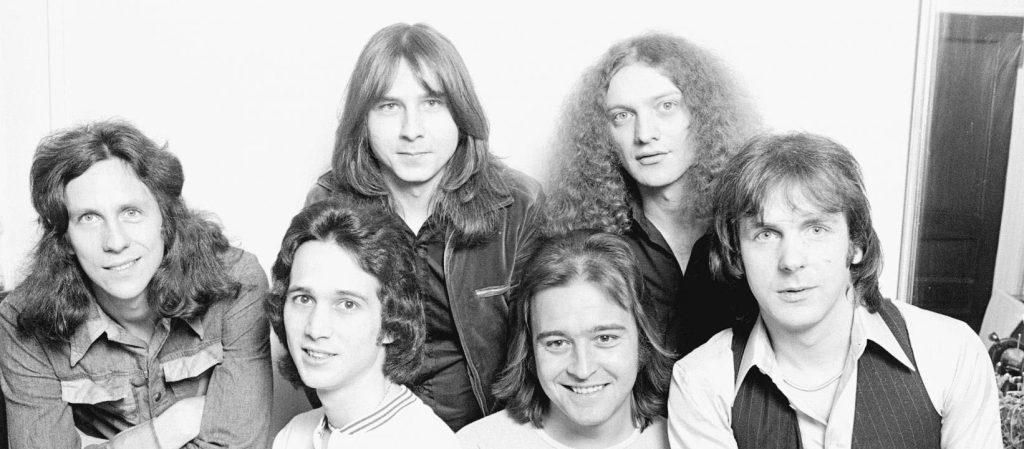
A Soulful Quest for Understanding Love
In the mid-1980s, when Foreigner released “I Want to Know What Love Is,” the world was a different place. It was a time when music wasn’t just heard; it was felt deeply. This song, which debuted in November 1984, quickly became a beacon of emotional exploration and reflection, rising to the top of the charts and captivating listeners with its profound lyrics and hauntingly beautiful melody. It reached the number one spot on both the UK Singles Chart and the US Billboard Hot 100 in early 1985, cementing its place as an iconic ballad that transcends generations.
The story behind “I Want to Know What Love Is” is as compelling as its stirring melody. Written by Mick Jones, the founding member and guitarist of Foreigner, the song emerged from a place of introspection and longing. Jones was navigating personal changes and sought to capture a universal emotion that many find elusive—love. The song’s genesis was not just about romantic love but also about understanding love in all its forms, whether it be familial, platonic, or self-love. This universal quest for meaning is what gives the song its timeless appeal.
The recording process itself added layers of richness to the track. Jones had a vision that went beyond the typical rock ballad. He enlisted the New Jersey Mass Choir to provide backing vocals, adding a gospel-like depth that elevates the song to an almost spiritual level. This collaboration brought an authenticity and intensity that resonates with listeners even today, giving them chills as they hear the choir’s powerful harmonies blend with Lou Gramm’s heartfelt lead vocals.
“I Want to Know What Love Is” carries an emotional weight that speaks to anyone who has ever pondered their understanding of love. Its lyrics are simple yet profound, asking questions many have silently asked themselves: What does love mean? How do we recognize it? The song suggests that love is not just a feeling but a journey—a path we walk with hope and vulnerability.
For those who remember hearing it for the first time, perhaps on vinyl or cassette, there’s a nostalgic pull that takes them back to moments of their own lives—first loves, heartbreaks, or moments of clarity and connection. It’s a song that invites introspection, urging us to look within ourselves and seek out those connections with others that make life meaningful.
Even today, Foreigner’s anthem continues to be a staple at weddings and special events, its message as relevant now as it was decades ago. Its ability to evoke emotion is unparalleled; few songs can match its power to bring tears to one’s eyes or solace to a troubled heart. The chorus, with its plea for understanding—”I want to know what love is, I want you to show me”—echoes a sentiment that is both personal and universal.
In live performances, this track becomes an experience rather than just a song. Audiences are drawn together in shared understanding, each person reflecting on their own experiences with love and longing. Foreigner has managed to craft not just a hit but an enduring classic that will continue to touch hearts for years to come.
For older generations who may have grown up with this song as part of their life’s soundtrack, “I Want to Know What Love Is” serves as a poignant reminder of the past—a time when emotions were laid bare through music. It’s more than just nostalgia; it’s an acknowledgment of music’s power to capture human experiences in ways words alone cannot.
In summary, “I Want to Know What Love Is” by Foreigner is more than just a successful rock ballad from the 80s; it is an exploration into one of humanity’s most profound emotions. Its success lies not only in its chart-topping status but also in its ability to resonate deeply across different cultures and ages. Whether you’re hearing it for the first time or revisiting it after many years, this song remains a timeless reflection on love’s complex beauty—a quest we all embark on at some point in our lives.
